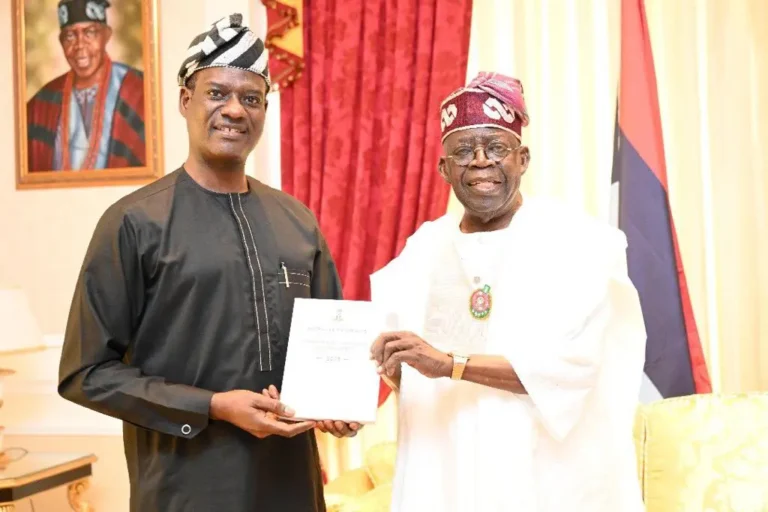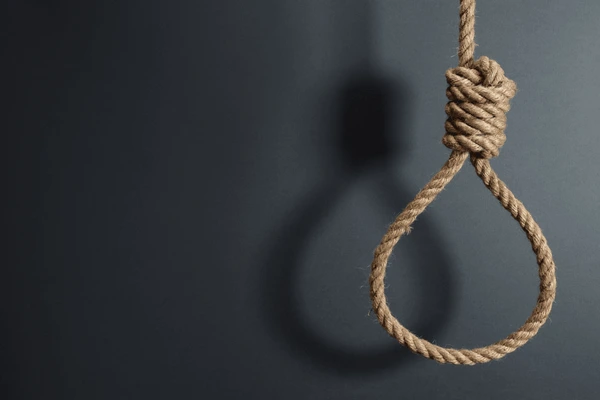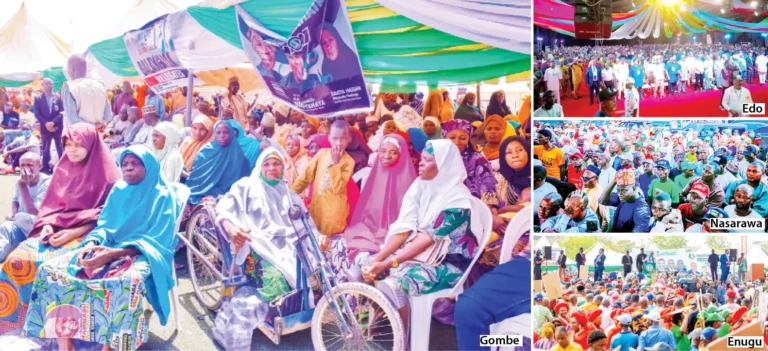
As the State House correspondent of Daily Trust in the early years of Muhammadu Buhari’s presidency, I had a front-row seat to history in the making. For me, covering Buhari was not just a professional assignment, it was an intimate study of leadership in its rawest form. The Buhari I covered was many things: a paradox, a symbol and a stoic.
Buhari was not a man of many words. There were days in the Villa when a single sentence from him triggered varying news headlines. Reporters understood quickly that with Buhari, body language spoke louder than press briefings. He could walk past us with a stone face that dared anyone to ask a question. But when he spoke, the weight of his words rippled far beyond the four corners of the Council Chambers of the Presidential Villa. Buhari was indeed a president that gave much away in gestures, not in words and certainly not in expressions.
Buhari was not the easiest president to cover. Covering him required mastering the art of reading silences, decoding quietness and chasing meanings in the gaps between his few spoken words. At some point, Buhari’s media team grew weary of issuing rebuttals to the flurry of critical news reports on their principal. Their strategy shifted gradually from engaging with the reporters to shutting them out. Rather than continue to clarify narratives, they resorted to barring reporters from covering Buhari’s events. Their message was silent, yet loud: access to coverage was a privilege, not a right.
Buhari’s disdain for media sensationalism was noticeable. Yet, he read the newspapers every day and followed the news, sometimes more closely than his media aides did. Occasionally, he would comment on a news story we could not imagine had reached his desk.
Buhari was not a typical headline-seeking president. In fact, he always avoided the spotlight unless it was absolutely necessary. There were days when even his close aides struggled to read his mood. Yet, when he spoke, his words carried the weight of finality. And when he kept mum, the silence was often louder than speeches.
The Buhari I covered was fanatical about his core beliefs. The Daura-born retired Army General governed with an old-school sense of duty. Some called it discipline, others called it rigidity. One could feel the soldier in Buhari in everything: his schedule and even the way he sat through hours of Federal Executive Council sessions without fidgeting.
The Buhari I covered was a man of rituals. He would take his time to inspect the guard of honour as if it were a sacred rite. In moments when the cameras were off, he could surprise anyone around him. He laughed heartily, especially at his own jokes. He had a dry wit that often caught his audience off guard.
The Buhari I covered was not without empathy. On October 19, 2016 when he received the first batch of the 21 Chibok schoolgirls who were released after spending 913 days in Boko Haram’s captivity, Buhari’s eyes betrayed emotion more than words could ever. There was a tightly heavy silence inside the Old Banquet Hall of the Villa, no ceremony. It was a spectacle visibly replete with raw, real, heartfelt and powerful emotions. On that day, Buhari was not a president; he was a father. I cannot say how much compassion Buhari displayed when he hosted the second batch of the 82 freed Chibok girls on May 7, 2017 at his official residence. The reception was closed to the press, and we were denied access to it.
The Buhari I covered was not without controversies, some of which shaped his image, from a “no-nonsense disciplinarian” to a leader accused of slow decision-making (especially with the six-month delay in ministers’ appointment), among other controversies that frequently put him in the crosshairs of public opinion.
Buhari’s health scares left the country holding its breath in 2017. In those months of his medical leave in the United Kingdom, Aso Rock was weirdly quiet, giving room for whispers and speculations. But when he returned, though working slowly as usual, his grip on power remained intact.
The Buhari I covered was a president whose idea of governance was anchored more on discipline than flamboyance. He delegated heavily, often to a fault, allowing his aides to own the policies while he owned the vision.
The Buhari I covered was the leader that made the presidency look like a barracks: orderly, austere and sometimes cold. In the Villa, he was not called “Baba”, he was called “Mr. President”. That was the tone he set.
Covering Buhari meant witnessing the power behind the curtains. His inner circle (the so-called cabal) often did the talking and even the acting. And they knew Buhari’s limits. They knew he could tolerate slowness and brush aside the sternest of public criticisms.
Ask me what I found most striking about the Buhari I covered and I would point to his detachment from the allure of power. Unlike some of his predecessors, Buhari did not appear drunk on office. There were no extravagant birthday bashes, no parties. Neither were there midnight Twitter storms. Buhari governed like someone doing his last job. It remains in the court of public opinion whether that was a strength or a weakness.
Having watched the Buhari Presidency up close, I can say this: Muhammadu Buhari was the man he claimed to be: simple, stubborn and steady. May Allah forgive his shortcomings and admit him into Aljanna Fridaus.
DAILY TRUST.




